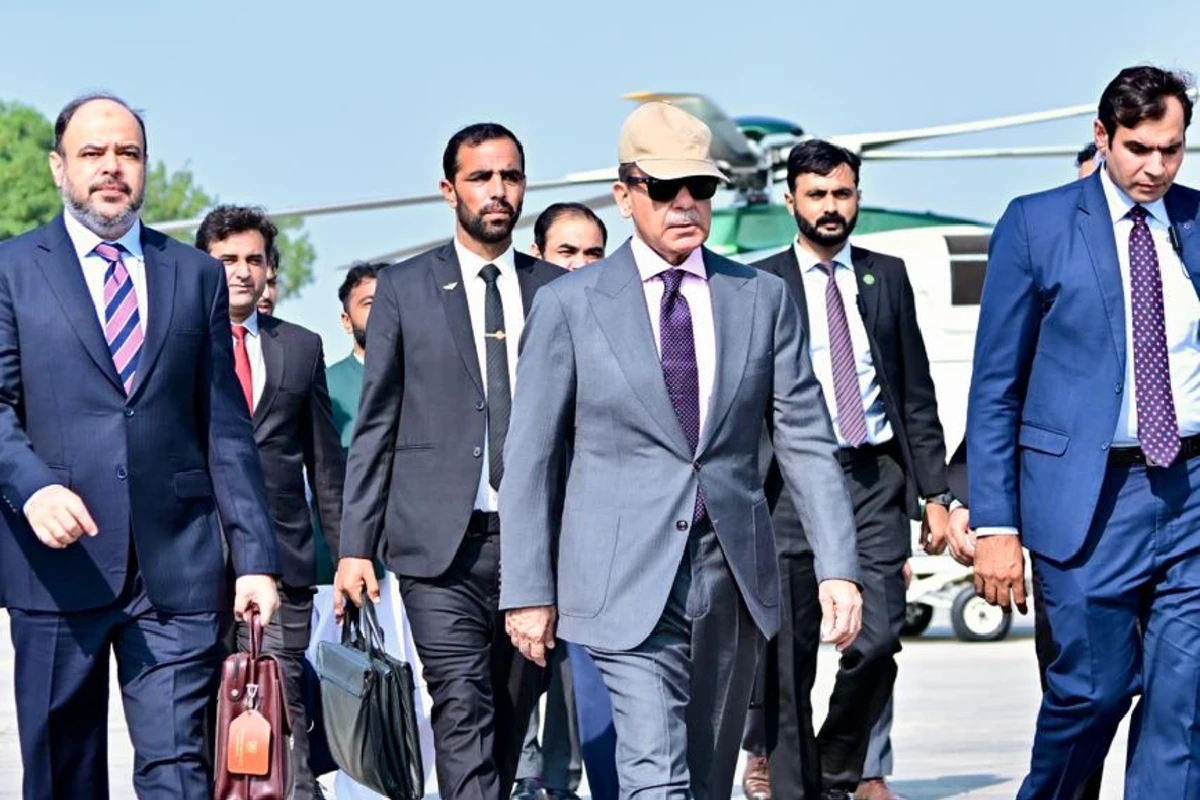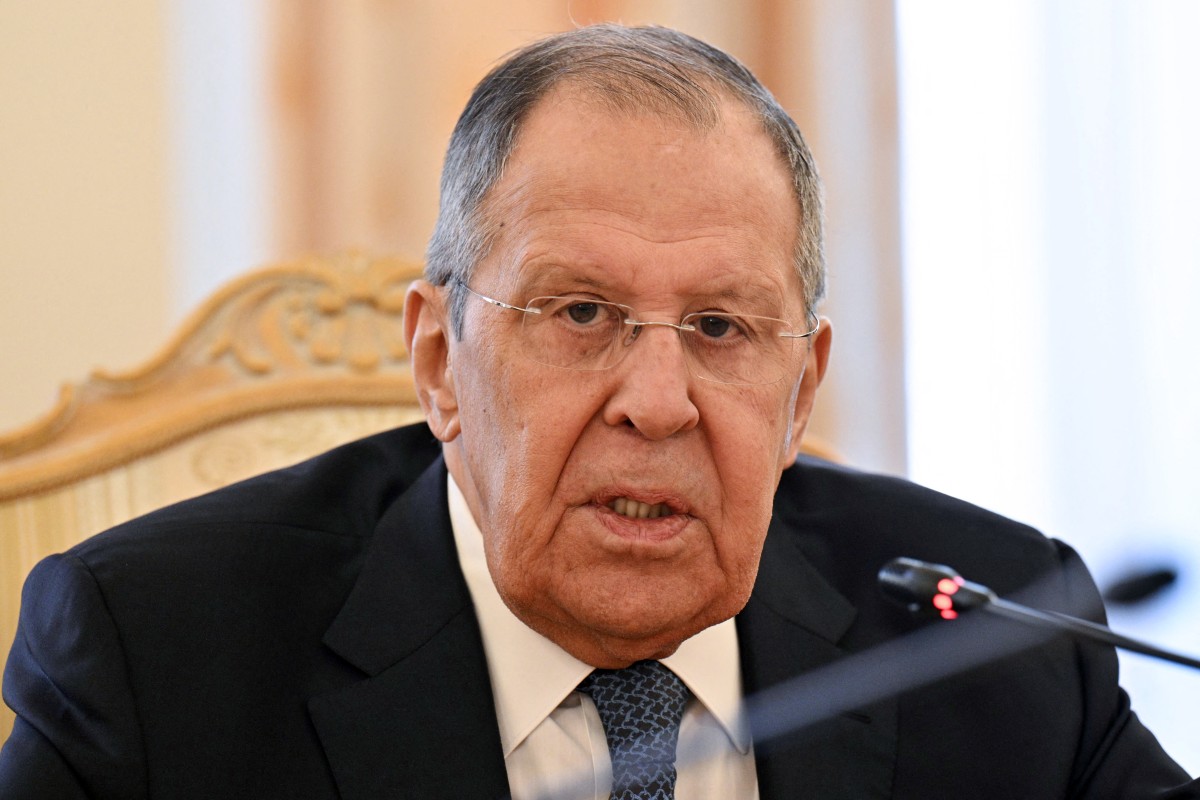ISLAMABAD: Prime Minister Shehbaz Sharif left for Qatar on Thursday to show support after Israel’s airstrike on Doha, which has drawn widespread condemnation across the Muslim world.
According to the Foreign Office, the visit is a gesture of regional unity and support in the wake of a “brazen violation of Qatar’s sovereignty.”
The prime minister is scheduled to meet with the Emir of Qatar, Sheikh Tamim bin Hamad Al Thani, to convey Pakistan’s “deepest sympathies and support” following the attack, which targeted residential buildings reportedly housing Hamas political leaders.
He is accompanied by Foreign Minister Ishaq Dar.
“The visit underscores Pakistan’s unwavering support for the security and sovereignty of Qatar, and its continued commitment to peace and stability in the Middle East,” the Foreign Ministry said in a statement.
First Israeli strike on Qatari soil
Tuesday’s airstrike, the first known Israeli military operation on Qatari soil, struck residential areas in Doha’s West Bay district. Although top Hamas leaders reportedly survived, five individuals were killed, including the son of senior Hamas negotiator Khalil al-Hayya.
Qatar’s Prime Minister, Sheikh Mohammed bin Abdulrahman Al-Thani, condemned the strike as a “cowardly assault” and a form of “state terrorism.” He warned of “dangerous consequences” and pledged to pursue legal action against Israel through international forums.
“This was a gross violation of our sovereignty and an escalation that threatens the entire region,” the Qatari premier said. “We reserve the right to respond through all available means.”
Pakistan’s response and UNSC push
Pakistan, alongside Algeria and Somalia, has formally requested an emergency meeting of the UN Security Council to address the crisis.
Foreign Minister
Ishaq Dar said the attack is a "grave matter" that threatens not just Qatar, but broader regional security.
PM Shehbaz earlier condemned the airstrike as a “dangerous provocation” and a “flagrant violation of sovereignty.” In a call with the Emir of Qatar, he conveyed Pakistan’s deepest sympathies to the Qatari leadership and the royal family.
In a statement issued by the Prime Minister’s Office, Shehbaz called the bombing “a dastardly act that reflects the mindset of Israeli leadership, willing to go to any length in the blind pursuit of nefarious goals.”
Widespread Arab and Muslim condemnation
The Israeli strike on Qatar has united much of the Arab and Muslim world in condemnation. Several governments denounced the attack as a violation of international law and an affront to Qatari sovereignty:
Saudi Arabia condemned the strike as “brutal aggression” and warned of “severe regional consequences.”
The United Arab Emirates described it as a “treacherous act” and reaffirmed Gulf unity, saying "Gulf security is indivisible."
Jordan called the attack a “blatant breach of international law” and an “unacceptable provocation.”
Kuwait denounced it as “violent aggression” and pledged full support to Qatar.
Iran warned that such acts could destabilize the entire Persian Gulf, labeling it a “gross violation of international norms.”
Iraq termed the attack “cowardly,” calling for regional unity in support of Qatar.
Turkey accused Israel of “state-sponsored terrorism” and of sabotaging peace talks.
Egypt said the strike undermines regional peace efforts and is a dangerous escalation.
Houthis in Yemen warned that similar strikes could spread across the region if not countered.
Additionally, Lebanon, Syria, Morocco, Sudan, Oman, Mauritania, Algeria, and Libya issued a joint statement condemning the attack as a “dangerous violation” and pledging solidarity with Qatar.
Palestinian response
Hamas and the Palestinian Authority both condemned the airstrike, calling it a “criminal act” aimed at derailing ceasefire efforts. Hamas stated that targeting its political negotiators was a direct violation of diplomatic norms and an intentional move to sabotage ongoing mediation.






